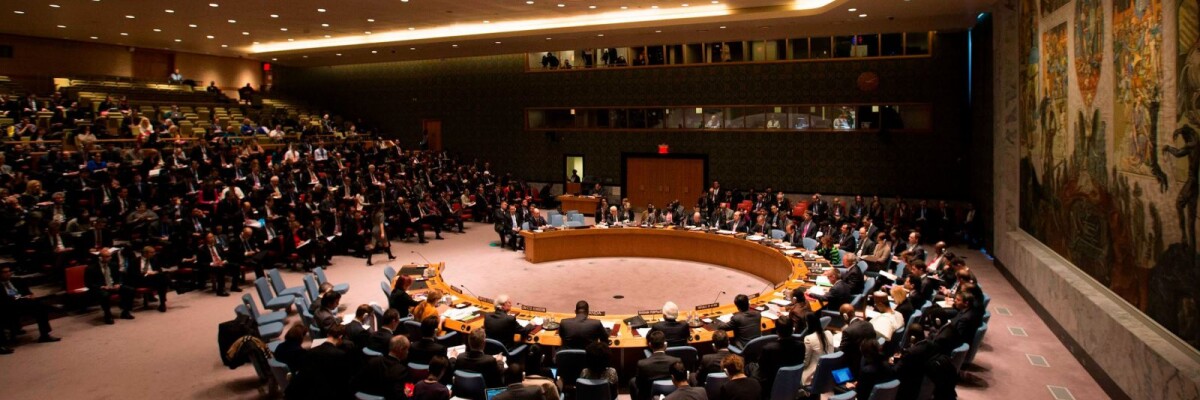The Earth’s population is rapidly growing which is leading to a lack of food. International organizations are beginning to look for solutions.\n
Around 10 billion people will inhabit the Earth by the middle of the 21st century. Each of them will need food, water and shelter. However our planet’s resources are limited and not all of them can be replenished. This is why it’s high time humanity started to think about its future which may turn out to be less rosy than we had expected.
The United Nations has enlisted 37 experts from the EAT-Lancet Commision to come up with a diet for future generations. On the one hand, it must meet people’s need for nutrients, and on the other, effectively use cropped lands and other resources.
Firstly, scientists have noticed some differences in global food consumption: the US consumes the largest amounts of red meat than the global average while Asia consumes the largest amount of plant-based food. According to EAT-Lancet, a universal food system should even out these differences.
Other proposed suggestions include increasing bean consumption while cutting back on meat consumption. The portions should be limited to less than 1 kilogram of food per day. New times, new challenges. It’s quite possible that soon people will have to reconsider even the most basic of their food choices.
Share this with your friends!





Be the first to comment
Please log in to comment